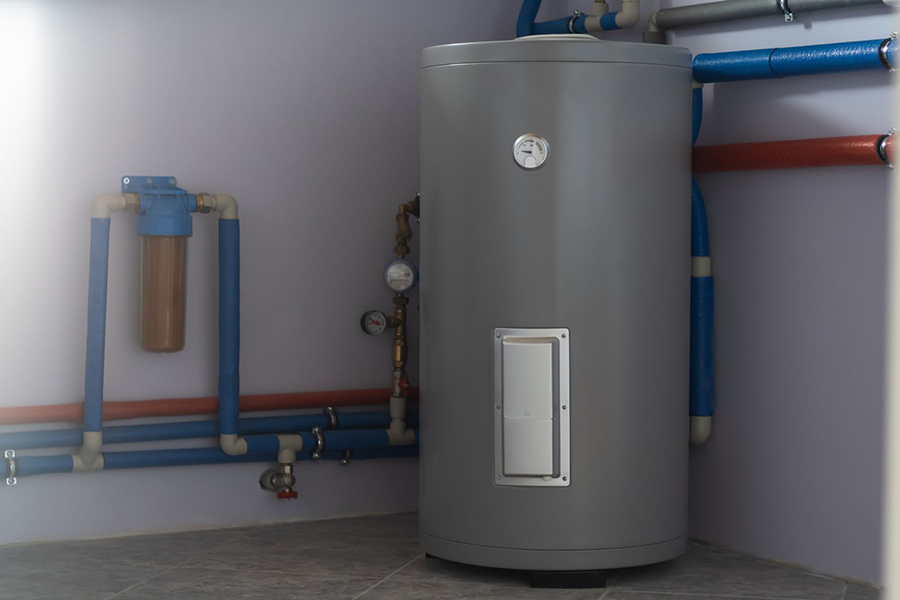Picture this: it’s a chilly morning, and you’re eagerly awaiting a hot shower to wake you up and kickstart your day. However, when you turn on the tap, you’re greeted with a frustratingly long wait for the water to heat up. If you’ve ever experienced this, you’re not alone. Many homeowners encounter the issue of slow water heating at some point. In this blog, we’ll explore the common reasons why your water is taking too long to heat and what you can do to remedy the situation.
-
Distance from the Water Heater
One of the most significant factors affecting the time it takes for your water to heat up is the distance between your water heater and the faucet or showerhead. The farther the water has to travel through pipes, the longer it will take to reach the desired temperature. If your water heater is located in the basement, for instance, and your bathroom is on the second floor, you can expect a delay in hot water delivery.

Solution: Consider installing a point-of-use water heater closer to the fixtures that require hot water. This can significantly reduce the wait time for hot water.
-
Tank Size
If you have a traditional storage-tank water heater, its size can affect how quickly it delivers hot water. A smaller tank may run out of hot water faster, while a larger tank can take longer to heat up the water initially. Additionally, if the tank is heavily scaled or filled with sediment, it can lead to slower heating times.
Solution: Evaluate your hot water usage and consider upgrading to a larger tank if necessary. Regular maintenance, like flushing the tank to remove sediment, can also help improve heating efficiency.
-
Temperature Setting
The temperature setting on your water heater can impact how quickly it heats water. If the thermostat is set too low, the water heater will take longer to reach the desired temperature.
Solution: Check the thermostat setting on your water heater and adjust it to the recommended temperature (usually around 120°F or 49°C). Be cautious not to set it too high to avoid scalding risks.
-
Insufficient Insulation
Inadequate insulation in your hot water pipes can lead to heat loss as water travels from the heater to your fixtures. This can result in a longer wait for hot water and increased energy consumption.
Solution: Insulate your hot water pipes to minimize heat loss. You can use foam pipe insulation or hire a professional to install it correctly.
-
Aging Water Heater
As water heaters age, their efficiency may decline. This can lead to slower heating times and potentially higher energy bills. Older heaters may struggle to keep up with your hot water demands.
Solution: If your water heater is reaching the end of its lifespan (typically 10-15 years for tank-type heaters), consider replacing it with a more energy-efficient model. Tankless water heaters, for example, provide hot water on demand and can eliminate the wait time altogether.
A delay in hot water delivery can be a frustrating inconvenience, but it’s often a solvable problem. By considering factors like the distance from your water heater, tank size, temperature settings, insulation, and the age of your water heater, you can take steps to reduce the time it takes for your water to heat up. Whether it’s a simple adjustment or an upgrade to a more efficient system, addressing the root cause of slow water heating can improve your daily comfort and save you money in the long run.